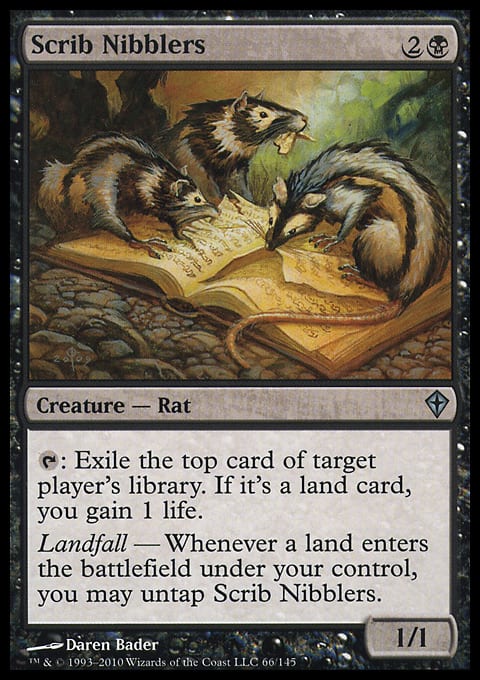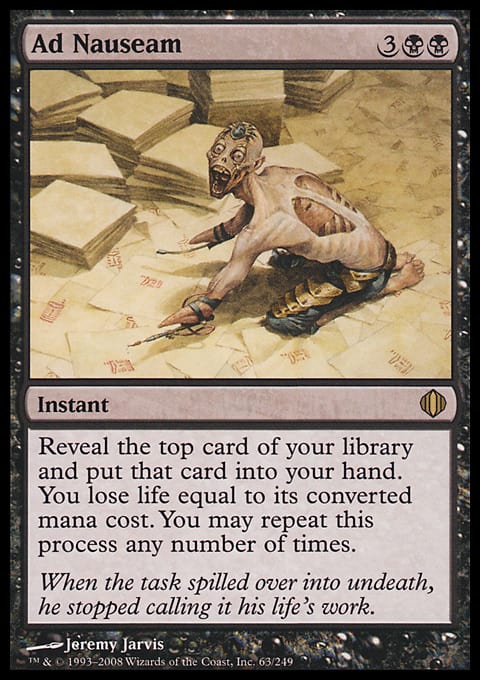Writing can be a solitary endeavor. Even if one chooses to put words down in a crowded coffee shop, it is often just the author and the paper (digital or otherwise). In the early stages of the process, this is almost a necessity. Creating content is the expression of ideas, and while the inception of the concept might be borne from group work, the initial spark to put thoughts down is at the impetus of the individual. The words belong to the writer, for better or worse.
Anyone who is just starting out may not have the support of an editing staff. Authors may start on blog posts or other forums where there is little oversight. As they develop, they attract the attention of sites that can help to refine the raw words into something resembling polished prose.
But what happens in the interim? If the axiom that “great writing is rewriting” is true, the best writers also should be some of the better editors in the world.
And that is where we find ourselves today, with a story in two parts: the process of editing oneself and then working with a team.
Understanding Editing
Before a writer can refine his or her work, the writer must first understand the art of editing. Editing is not simply the correction of spelling and grammar or of verb tense and syntax. Editing goes far beyond making sure the author means Jace Beleren and not Jace, the Mind Sculptor and being okay with the red line that appears under most card names. It is the process of making sure the author’s voice and intention come through loud and clear. It can be said that editing is the distillation of the writer’s intent. Anything that impedes the understanding of the piece must be excised. A good editor must understand the intent of the creator while also helping him or her clarify his or her voice.
It’s like finding the door in the wall and trying to climb into someone else’s brain. So it makes sense that sometimes the best, first editors are the authors themselves.
Going Alone
As we learned in Lesson One, the main goal of any piece of Magic content is to communicate ideas. The first part of any article is the hypothesis, and following that comes the supporting evidence and language. This is where editing comes in to play. A writer must constantly return to the core argument of his or her piece and make sure that everything else in the piece serves that hypothesis. While anecdotes are allowed, they should not be the focal points.
What editing can be done? Even though it is not the main thrust of revision, checking spelling and grammar is important. An immersed reader is one who is absorbing the work and the wrong words—whether they are spelled wrong or in the incorrect spots—can create a dissonance for the reader. Therefore, having a basic grasp of the rules of language is vital to being skilled at editing.
Yet, not everyone is a master of language, so what can be done?
- Reread your piece—out loud. This will let you “hear” your words. If something sounds wrong, chances are it is. Go back, and try sounding out the intended sentence. It is likely that the spoken revision is correct and the odd-sounding written words can find their way to the cutting-room floor.
- Reread your piece—slowly. Anyone who has written a paper for school understands how tedious spelling errors can be. They can be even more frustrating in the modern age since some spell checkers will not register homonyms (words that sound the same but are spelled differently), so you sometimes might mean they are but get away with a their. Whoops.
What else can be done? For the hard-science aspect of editing, there’s not much. But it is very useful to keep this video handy—it does a good job of talking about some common pitfalls:
The rest of editing yourself goes with the feel of the piece. This harkens back Lesson Two’s concept of selecting the correct words and only the correct ones for a piece. Point one above—rereading aloud—will give you time to hear the words and see if other ones fit better. After this comes making sure that every modifier in place should be there (remember that not everything can be very awesome) and that punctuation makes sense. I try to cut my commas in half and reduce the number of times I repeat my syntax in close proximity. I know my intent and how to convey those thoughts. Self-editing should be the purest distillation of that voice.
It’s Dangerous Out There . . .
However, not every writer works alone. Once an author graduates passed self-published posts and notes, there is very likely to be an editing team (or person) in place to help alleviate some of these issues. Let it be known that this does not absolve the writer from doing his or her job well. No editor wants to spend his or her days correcting too and to and two while trying to make four. A great way to a bad relationship is to waste your editor’s time; don’t do it.
Rather, once there is an outside editor, the goal should be to channel your voice through the editor’s rules. Working for someone else will come with a different set of guidelines. Things like word counts and style guides become important. When writing for a site, the site will want your work to conform to certain norms and standards. While not every site will have an actual guide, one can be inferred from the pieces already published. Falling in line with these conventions will make the working rapport that much smoother.
There are many ways to ensure a solid relationship. Here are some of the most important:
- Hit your deadlines. If you are writing for a website larger than your own blog and big enough to have an editor, it is more than likely they have a schedule for publishing. That means if you do not submit your article on time, everything goes awry. Missing deadlines is the best way to annoy the person responsible for making sure people can read your work; do not do it.
- If you are going to miss deadlines, let them know. In reality, life sometimes gets in the way of deadlines. If you are going to be late, or miss altogether, reach out to your contact. This way, he or she can at least prepare for the change in schedule.
- Communicate often. You don’t have to send emojis to your editor (and please don’t), but you should be on speaking terms. This way, if he or she changes something in a way you don’t like or with which you disagree, you can go to the editor and hash it out. Remember that the editor is there to help you with your voice.
- Listen to your editor. Above everything else, this may be the most important. If your editor tells you to change something, change it. If he or she informs you of the proper way to submit a decklist, you better do it from that point forward. Don’t make editors repeat themselves; they don’t like it in writing, so why would they like it in their jobs?
There is one other thing I would encourage any writer to do with an editor. Ask for feedback. Sometimes, the editor will tell you better ways to submit an article (file format, deadline, etc.), but other times, the editor may inspire your next piece. And this does not have to just be asking for ways to improve, it can be asking for article topics and ideas. The best editors can often understand what you want to say next before you get to it. Remember that the editor’s job is to help with the clarity of your voice.
Lesson Three is a revisiting of Lessons One and Two. Editing is the process of refinement, and in order to revise, there must be basic understanding of what needed to be done in the first place. It can be said, then, that Lesson Three is the sum of the previous two, though pared down. Lesson One is about having something to say, and Lesson Two is about the right way to say it, while Lesson Three is about taking the most direct route to communication. Editing is the purest form of voice; let yours be heard.
The Takeaways
- Lesson #3: Edit your work.
- Corollary: Editing is the distillation of the author’s voice and intent.
























